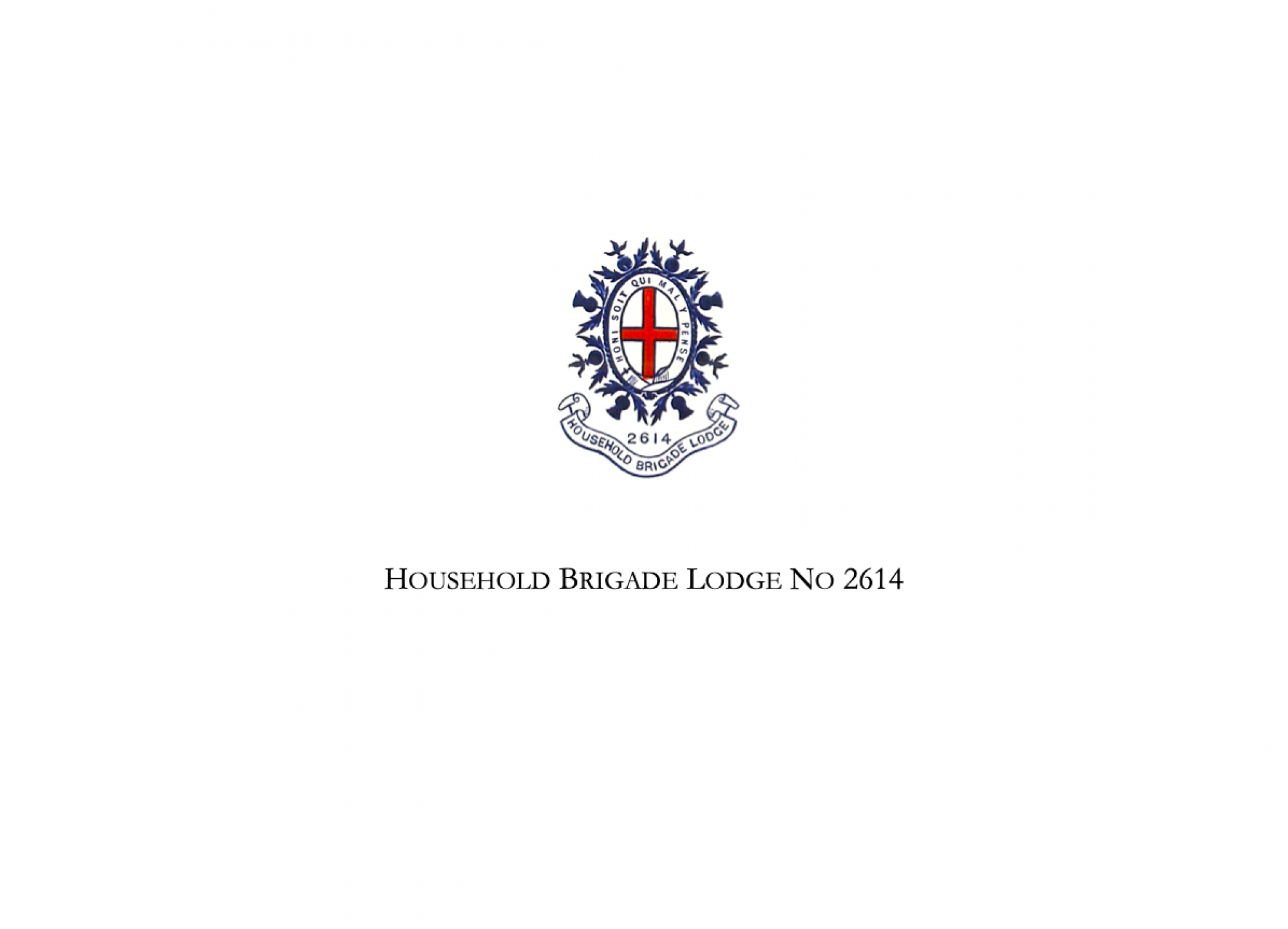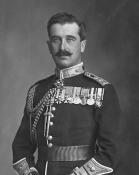Killed In Action on 22 October 1914 at the 1st Battle of Ypres. Rivers Bulkeley is remembered at the Menin Gate Ypres Memorial (Panel 11), at the memorial in Ash, Shropshire and at Eton.
Rivers Bulkeley went to Eton in Mr C H Alcock’s House and afterwards joined the 4th Oxford Light Infantry (Militia). He served in South Africa between 1899-1902 with the Scots Guards. He was wounded with three bullets to the leg at Belmont during the advance to Kimberly. Colonel Paget wrote that despite his wounds he refused to fall out and continued fighting until victory was complete. He was Mentioned by Lord Methuen who wished
“…. to draw attention to the valuable services rendered, and to the pluck displayed by Lieutenants Bulkeley and Alexander, both of whom insisted on going on after they were wounded”.
He received a further 2 Mentions and both the Queens Medal (6 clasps) and the Kings Medal (2 clasps). On returning from South Africa he was promoted Captain and made Adjutant of 1st Battalion Scots Guards.
His served as ADC to the Lord Curzon, Viceroy of India and Comptroller of the Household and to his successor the Lord Minto. He became ADC to fellow Lodge member HRH The Duke of Connaught & Strathearn in his capacity as Inspector-General of the Forces and subsequently as Commanding in Chief and High Commissioner in the Mediterranean, accompanying the Duke of Connaught to British East Africa and South Africa in 1910. He was made a CMG in 1911 and an MVO in 1909.
On 22 October 1914 he was at Ypres with 2 Scots Guards and had been heavily engaged there for a week. Captain Rivers-Bulkeley was in command of the Left Flank Company and his company, along with the rest of the battalion, had been marching for most of the night before reaching Veldhoek, just to the north of the Menin Road, at 5am. At 6am heavy German shelling began on the 21st and 22nd Brigades who were holding the line in Polygon Wood. At 8am the battalion was ordered to move a mile to the north to support 22nd Brigade. As they moved across the open fields they came under shelling, suffering seven casualties on route. They moved into positions in thick woods and waited there until 3pm. Then, two companies were ordered to move to the south to reinforce 20th Brigade at Kruiseeke who were being hard pressed by enemy attacks. Still in Polygon Wood, Thomas Rivers-Bulkeley led six men forward to make a reconnaissance and was killed by a shell. His body was recovered and buried but was lost in subsequent fighting.
A brother officer wrote:
“The battalion has lost its very best officer- the best I ever served with. The Germans had got a brigade of maxims and some guns right up to our positions, where we were hanging on for dear life till reinforcements arrived, under a withering gun and maxim fire. Our line was broken and Tommy with his own company was sent in to fill the gap -I after him, supporting him with F Company. He never looked behind, with six men he went forward, followed by the company. He walked right on and was not more than 100 or 200 yards range. His advance was magnificent, it stopped a gap being forced in our line, regiments behind took heart and poured into the breach”
He was 37. His brother Captain Charles Ivor Rivers Bulkeley Scots Guards was killed in action on the 16 May 1915.
Bulkeley was initiated into United Studholme Alliance Lodge No 1591 in January 1899. He joined both Household Brigade No 2614 and Kitchener Lodge No 2998, the latter whilst serving in India. He was a Past Grand Deacon.
He was a member of the Guard’s, the Carlton and Junior Carlton and Shrewsbury County Clubs.
Sources: IWM, MGWP and Hazlewood School

